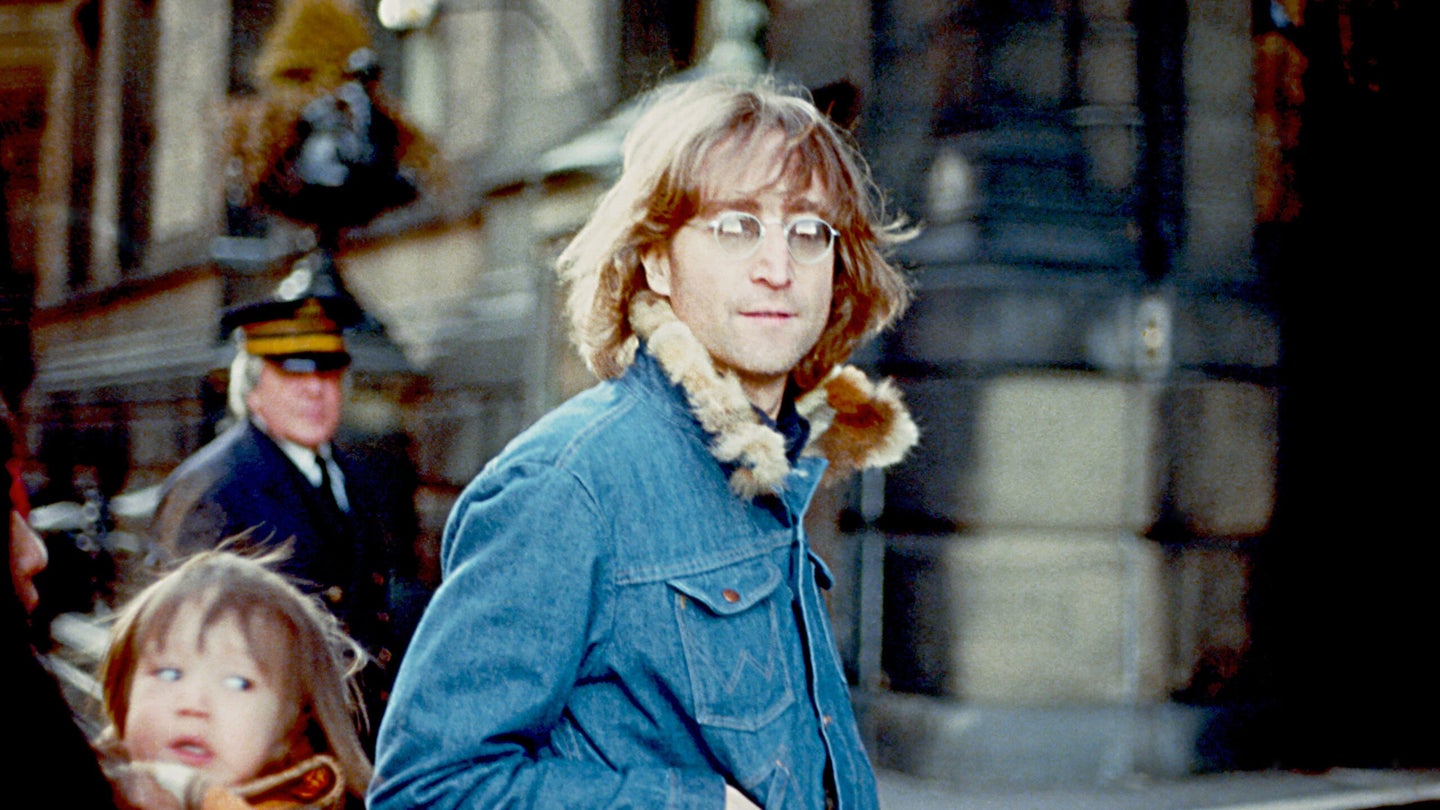
A final Beatles record? Well, according to a BBC Radio 4 Today interview with Sir Paul McCartney, it will be released later this year and feature vocals from John Lennon that have been extracted from an old demo cassette using artificial intelligence. You can listen to the interview here, starting at 29:30.
According to McCartney, the process all started when director Peter Jackson made Get Back, his nearly eight-hour-long documentary about the making of Let It Be. In the interview, McCartney says that Jackson “was able to extricate John’s voice from a ropey little bit of cassette where it had John’s voice and a piano.”
According to a more detailed article on the BBC website, Emile de la Rey, the documentary’s dialog editor, trained a computer to isolate the Beatles’ voices from the rest of the audio, including background sounds and their instruments. As McCartney explains the process, “They tell the machine, that’s a voice, this is a guitar. Lose the guitar.”
Realistically, things are a touch more complicated than that. Ars Technica reports that de la Rey worked with Paris Smaragdis, a machine learning researcher, at the University of Illinois Urbana-Champaign to create a neural network capable of isolating individual voices or instruments and “re-synthesizing them in a realistic way that matched trained samples of those instruments or voices in isolation.” In other words, the AI recreates the target voice by merging the information from the tape with the model developed from already isolated samples of the same voice. It’s not quite Lennon, but it’s about as close as you can get.
“So,” says McCartney, “when we came to make what will be the last Beatles record… we were able to take John’s voice and get it pure through this AI so that then we could mix the record as you would normally do.”
Although McCartney doesn’t name the track, the BBC says that it’s probably Now and Then. Lennon composed the track in 1978 and recorded it—along with several other demos—for McCartney in his apartment using a boombox.
Two songs from the resulting tape, Free as a Bird and Real Love, were released in the 1990s, and the Beatles attempted to record Now and Then, but the session fell apart. According to the BBC, McCartney “claimed George Harrison refused to work on the song, saying the sound quality of Lennon’s vocal was ‘rubbish.’” Apparently, there were other technical issues with the track as well.
Seemingly though, all the sound issues were solvable using AI. (Harrison died in 2001.) “We just finished it up,” says McCartney in the interview, “it’ll be released this year.”
While this seems like a genuinely positive use of AI, across the music industry as a whole the reception has been a lot more mixed. Some artists, like Grimes, have embraced AI and allowed creators to use their voice in return for a cut of the royalties, while others, like Sting, have been openly hostile to it.
There’s also a bootleg element to it all. It’s relatively easy for anyone to use software like SoftVC VITS Singing Voice Conversion to train a model based on any artist they want to. In just a few moments you can find videos of an AI-generated Lennon covering Wonderwall by Oasis, Space Oddity by David Bowie, and Yesterday on YouTube.
While this is all incredibly messy and may not be legal, unless streaming platforms like YouTube and TikTok crack down on these AI creations as they do with copyright violations, they’re likely to continue to proliferate. As McCartney says, “It’s kind of scary but exciting, because it’s the future. We’ll just have to see where that leads.” A long and winding road, indeed.
The post New Beatles song to bring John Lennon’s voice back, with a little help from AI appeared first on Popular Science.
Articles may contain affiliate links which enable us to share in the revenue of any purchases made.
from | Popular Science https://ift.tt/2nrKipy




0 Comments